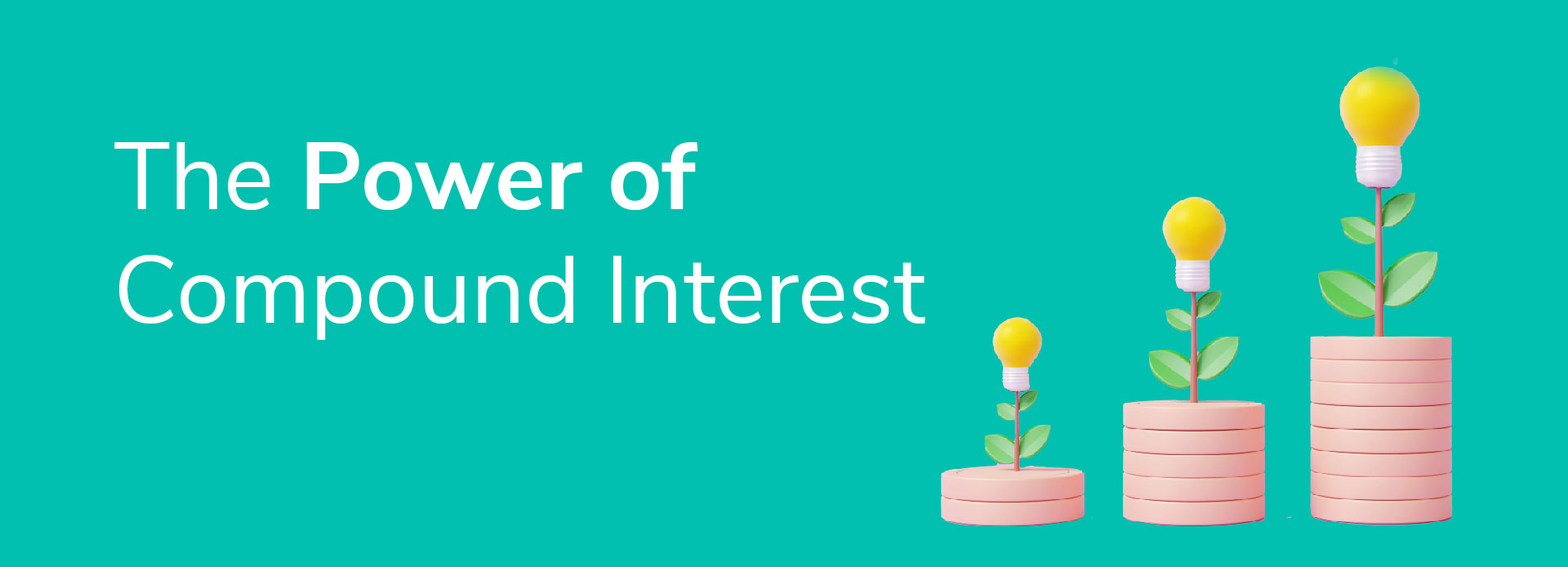
The power of compound interest – How does it work in a fixed deposit?
30 January 2024 | By INDIE
Compound interest in fixed deposits has a strong appeal to risk-averse investors. Fixed deposits (FDs), known for their dependability and consistent yields, have long been a smart savings instrument for many. But what elevates an FD from a mere savings instrument to a wealth-building avenue is the magic of compound interest.
Understanding what FDs are
An FD is a financial avenue where you deposit a lump sum amount with a financial institution for a specific length of time. The attractiveness of FDs stems from the guaranteed returns and financial security they provide, making them a popular choice among conservative investors.
FD advantages –
Simple to invest
Opening an FD account is a user-friendly and simple process that usually requires only basic documents. This makes FD an enticing option for individuals. Furthermore, the convenience of opening an FD encourages regular saving habits because investors may start with small amounts and gradually raise their commitment.
Assured returns
Fixed deposits (FDs) provide guaranteed FD interest rates, making them a safer investment option than volatile market-linked assets. The interest rate agreed upon when the FD is opened remains fixed, regardless of market swings. This consistency is particularly tempting during uncertain scenarios as it offers predictability and financial security to those seeking return certainty.
Flexible FD durations
The ease to select the FD duration ranging anywhere between a few days and several years, permits investors to customise their investment strategy as per their financial goals. Whether planning for long-term security or short-term objectives, the varied FD tenure allows you to optimise your returns as per your preferred timelines.
Loan facility
The choice of availing loan against the amount held in FDs is even provided. This advantage serves as a convenient source of funds without hampering the investment. This facility is particularly valuable in emergencies or when immediate liquidity is required. Moreover, since the FD continues to earn interest constituent, this option is more cost-effective than prematurely withdrawing the deposit, which often incurs penalties.
Tax benefits
Investing in five-year tenure FDs can lead to tax benefits under Section 80C, allowing for a deduction from taxable income. This makes FDs not only an instrument for savings but also an effective product for tax planning. However, it is essential to remember that the interest constituent earned on FDs is taxable, and investors must consider this when calculating their thorough tax liability.
The compounding effect in fixed deposits
An important thing to remember is that interest on fixed deposits is compounded.
The term 'compound interest investment' in the context of FDs refers to the process where the interest component, instead of being paid out, is added back to the principal amount. This new total then earns interest, resulting in your investment growing at an accelerated pace over time.
How does compounding in Fixed Deposits work?
Initial investment
You start with an initial deposit in your FD account.
Interest computation
The interest on your deposit is calculated at regular intervals (quarterly, half-yearly, or yearly) based on the fixed deposit interest rates.
Reinvestment
The bank adds the interest component to your principal instead of paying it out.
Increased earnings
The next interest calculation is on the new, higher principal amount, leading to more substantial interest earnings.
Ending note
The power of FD compound interest is a prudent strategy for wealth accumulation. With financial instruments like INDIE FD offering competitive interest rates of up to 7.5 per cent per annum, the journey to financial security and growth now is not just a possibility but an actuality. This compelling interest rate, particularly when compounded over time, can significantly enhance the value of savings, making INDIE FD a wise choice for investors seeking a balance of safety and superior growth potential.




